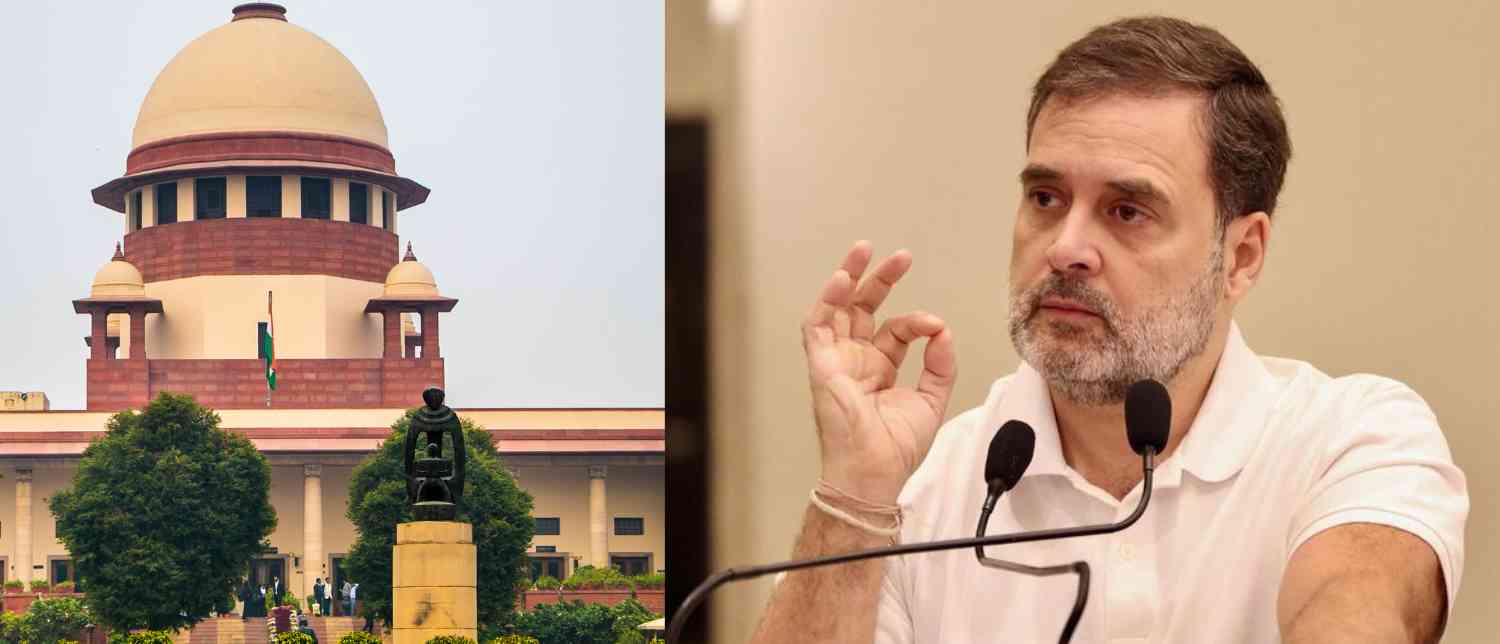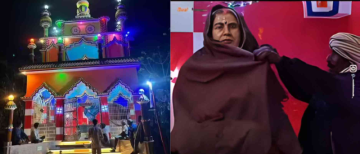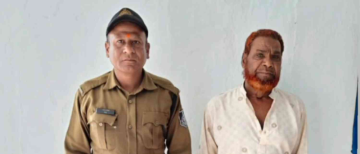The Supreme Court of India recently rebuked Rahul Gandhi, the Leader of Opposition, over his repeated claims that China had occupied a large part of Indian territory. This development comes amid an ongoing criminal defamation case against him related to remarks he made about the Indian Army and the 2020 Galwan Valley clash with China
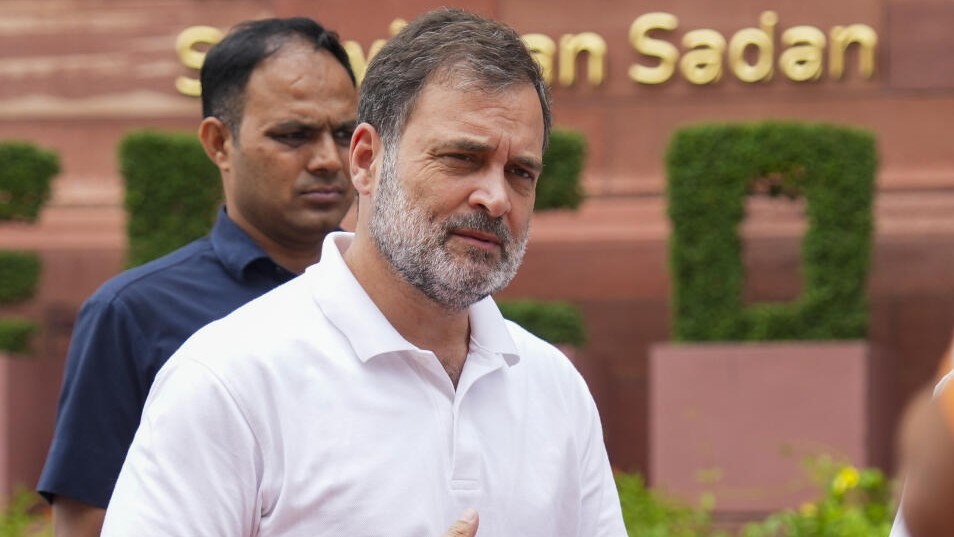
During the hearing on August 4, 2025, the bench comprising Justice Dipankar Datta and Justice A.G. Masih expressed strong disapproval of Gandhi’s statements. The court questioned him on the basis of his claim that China had occupied about 2,000 square kilometers of Indian territory.
Justice Datta asked pointedly, “How do you get to know that 2,000 square kilometers of Indian territory were occupied by China? Were you there? Do you have any credible material?” The Court’s message was clear: without solid evidence, such claims should not be publicly made.
He added, “If you were a true Indian, you would not say all this.”
The court also stressed that political issues related to border conflicts should be discussed in Parliament, not through statements on social media. Justice Datta remarked, “Whatever you have to say, why don’t you say it in the Parliament? Why do you have to say this in social media posts?” This comment reflected a concern that public discourse on sensitive national matters should be responsible and regulated.
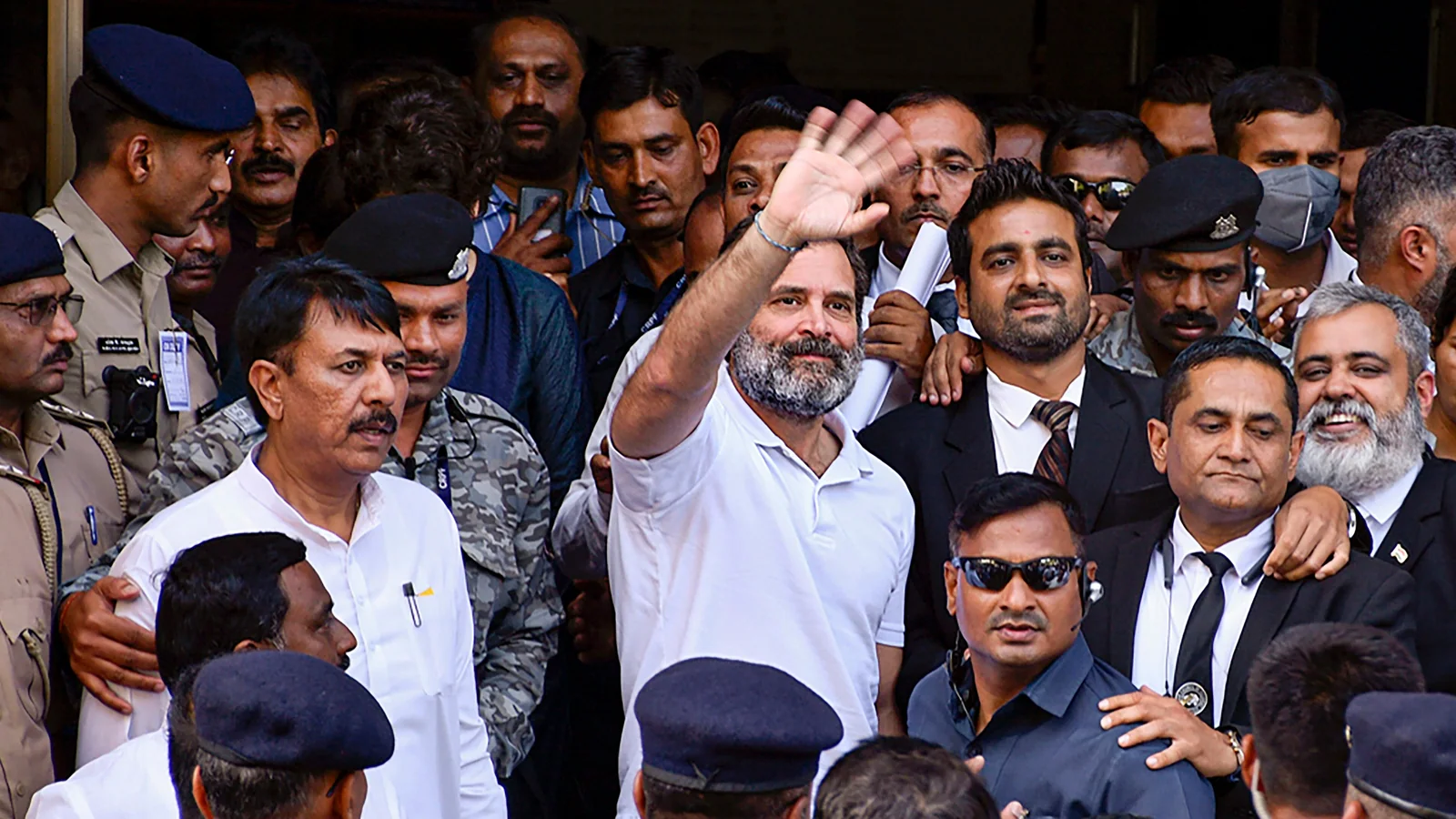
Rahul Gandhi’s legal team argued that as an opposition leader, he must have the freedom to raise issues and that his comments were innocent. They contended that restricting such speech would limit democracy. However, the court stayed proceedings temporarily but made clear that these remarks carried consequences and had already caused distress, particularly to the Indian Army and defense personnel.
The background to this case is Gandhi’s statements after the 2020 Galwan Valley clashes, during which India and China engaged in deadly border disputes. Gandhi had publicly claimed that China had taken over significant Indian territory in that region. This assertion led to criminal defamation proceedings filed by a retired defense officer, who argued that Gandhi’s comments were damaging to the Indian Army’s reputation.
This episode highlights the delicate balance between freedom of speech and national security sensitivities in India. While elected leaders have the right and responsibility to critique policies and raise questions, courts expect such criticisms to be based on facts and raised in appropriate forums, like Parliament. The Supreme Court’s firm stance echoes this principle and implicitly encourages responsible political debate.
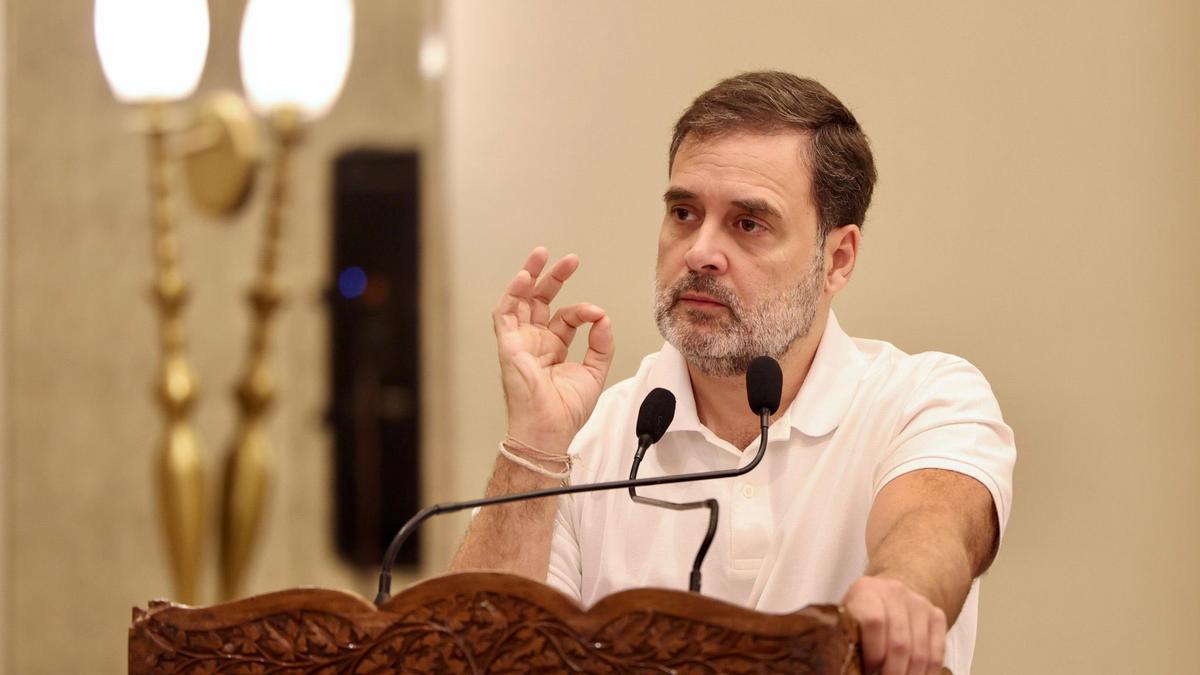
It also reflects a wider public sentiment that national unity and integrity, especially regarding border issues, should be handled carefully. Many want leaders to support the armed forces and avoid statements that may demoralize troops or create confusion at a time when national security is paramount.
In conclusion, the Supreme Court’s rebuke of Rahul Gandhi serves as a reminder that political commentary must be both truthful and constructive. It underlines the importance of evidence-based dialogue in democracies and shows how courts can play a role in maintaining that standard while respecting constitutional freedoms. This case remains closely watched, as it touches on issues of political accountability, freedom of expression, and national pride.
With inputs from agencies
Image Source: Multiple agencies
© Copyright 2025. All Rights Reserved. Powered by Vygr Media.

